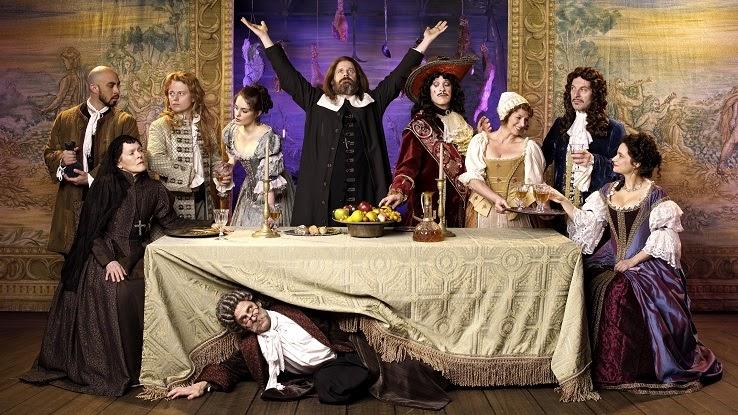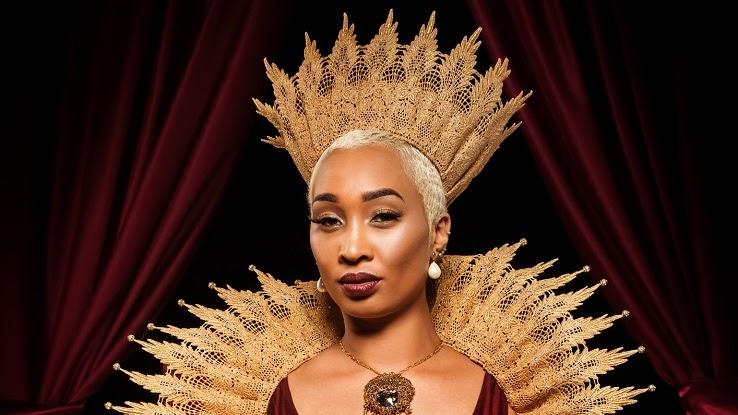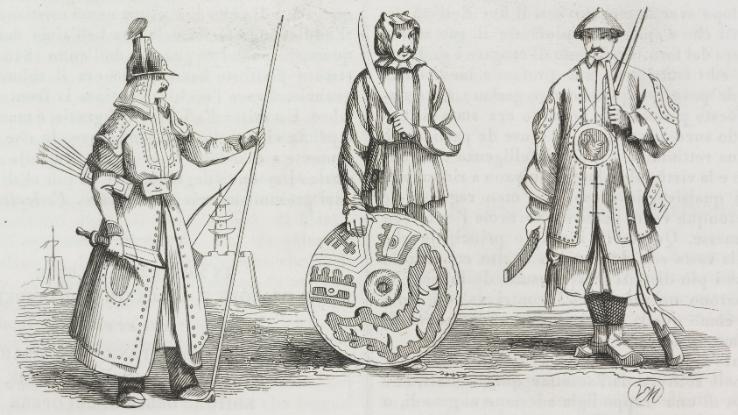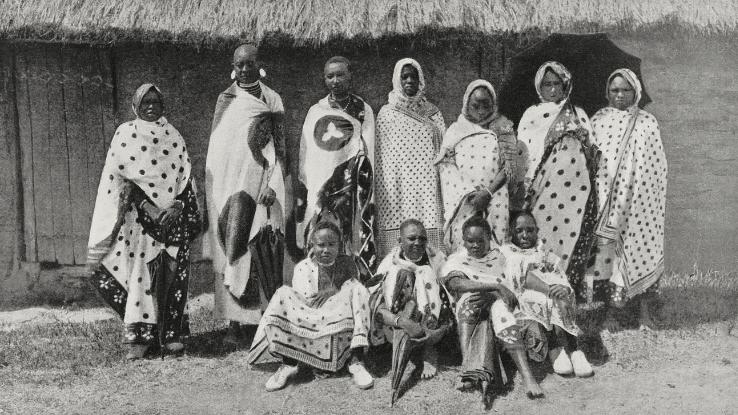
There is no famine of formats for political structures — in regard to today and throughout story. Nowadays, various forms of democratic republics, where elected officials represent the voice of the people, are common. But this wasn't the showcase centuries past when aristocracies were the most common fles of government activity. So, have aristocracies in reality become extinct — and what would it have been like to live in one?
What Is Gentry & What Are Features of an Aristocratic Government?
Aristocratic governments are named subsequently Aristotle, the Hellenic language philosopher who came up with the approximation, which posits that the wealthiest, or virtually beloved, members of society are the "best" people in society and, hence, should be rulers. However, in world, these common people often represented just a fraction of the population.

Throughout history, many believed that the rich were blessed away God, and ancient civilizations even believed that the mightiest men with the most military prowess were gods incarnate. Furthermore, they believed it was right that these rulers pass their money and major power to their descendants or to other affluent people.
The feudal systems that existed in much of Europe in the Middle Ages are examples of aristocracies. When India used caste systems, Brahmans and strange high-higher-ranking castes were also aristocrats. In some of these societies, the wealthiest people controlled the apportionment of land, the police, and the government.

In many past aristocracies, owning land meant one could also enslave people and contain noncombatant power by employing mercenaries. A person who was rich enough could literally build a tiny economy and authorities on their own land, meaning that their word became law because of that level of control.
A common feature of aristocratic societies is a socioeconomic component such atomic number 3 beingness of a certain religion, bloodline, Oregon system status. Often, these "prerequisites" were deemed necessary for holding any variant of political or social power. To the highest degree notably, even in aristocratic societies where there was some as an alternative structured form of government, people with the most money could either buy up political offices outright or had the means to campaign for office. In contrast, poorer members of high society could not do this, thus perpetuating the aristocracy.
Modern-Day Aristocracies
Currently, the closest matter we have to the dictionary definition of aristocrats are the modern vestiges of antediluvian monarchies that be in Common Market. These began when the loaded few in feudal societies became the people in power. Gentry became tied to titles, such as Lord, Ma'am, Sir, and Knight, all of which had to Doctor of Osteopathy with both wealthiness and noble bloodlines.

In addition to these examples, modern-day aristocrats normally bestow titles of grandeur on leading light members of society, making them noble too. Examples of this include Sir Elton John and Dame Helen of Troy Mirren. The power for everyone from athletes and celebrities to Nobel Trophy-winners to hand down more or less level of gentry shows how the definition of nobility has changed.
Modern aristocracy has many to do with status than it does with simply having money. On that point are wad of celebrities who meet the definition of an aristocrat, but there are also less-known royals in countries like United Kingdom of Great Britain and Northern Irelan, Denmark, Japan, and Jordan where individuals of noble bear have at least a title and a figurehead role. Around, but not all, have governmental authority as swell.
Nowadays, there are both called aristocrats and people who accept money and uttermost levels of privilege in society. While some are first-contemporaries, self-made success stories, many of the ruling grade are descendants of the historically wealthy. For this reason, many argue that flush in democratic countries like the U.S., these rulers can equal considered contemporary examples of aristocrats.
What Does Information technology Mean to Constitute an Blue blood?
At polar times and different cultures, aristocrats exact roles in society have denaturized, but suffice it to say that these are the people World Health Organization have the most power, money, and attention. In ancient Balkan country and Roman type lodge, aristocrats were commanders who embarked upon armed services conquests. They were well-paid and swell-worshipped by the public because they expanded the footprint of their nations. In some tribes located throughout the African continent, aristocrats traditionally became priests because those tribes highly valued a connection with the spiritual world.

As time inched closer to the recent-day, aristocrats became Bridgerton-esque nobles. These were the people who had great homes and threw lavish parties in a time when most of the world was struggling to survive. They also passed on their wealth and privilege to their posterity in succeeding generations.
How Does an Aristocracy Disagree from an Oligarchy?
Although aristocracies and oligarchies portion about similarities, they are two different forms of government. By its simplest definition, an oligarchy is a government where a few people convention over many. In intension, oligarchy is usually a negative word associated with the powerful using their tempt to hold their exponent and having a self-seeking way of dominion. That is, oligarchies are often associated with depravation.

The key law of similarity between oligarchies and aristocracies is that the most powerful populate in society are the rulers. While there are variances, the root of power in an oligarchy is a great deal related to the discipline while the root of power in an aristocracy is many frequently financial. Aristocracies have some mother wit of nobility, real or imaginary, associated with the powerful class. In an oligarchy, the rule is solely supported power.
For example, the royalty in England is a modern-day equivalent of an aristocracy. Members of the family are expected to come etiquette standards and be a good influence on society, just as figureheads. The ancient city-state of Sparta was a military oligarchy that praised its ruthless warriors; in fact, the more ruthless a person was, the better of a swayer they were thought to be.
Today, aristocracies are considered a fair dated form of government. Even so, society still dotes upon the rich and illustrious in some respects that gives them power — not unlike the aristocrats of past.
Advantages & Disadvantages of Using a Remote for a Ceiling Fan
Source: https://www.reference.com/world-view/advantages-disadvantages-aristocracy-de67fd444f24cd2e?utm_content=params%3Ao%3D740005%26ad%3DdirN%26qo%3DserpIndex

0 Comments